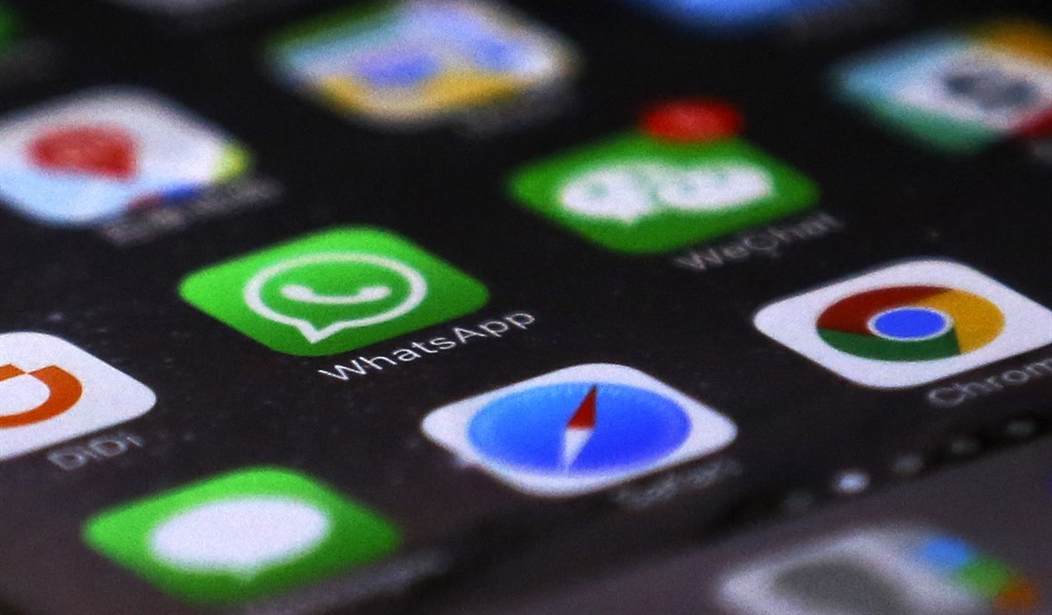On Friday, Apple removed Meta’s WhatsApp messaging app and its Threads social media app from the App Store in China to comply with orders from Chinese authorities. Chinese officials cited unspecified national security concerns.
In a statement, Apple said:
The Cyberspace Administration of China ordered the removal of these apps from the China storefront based on their national security concerns. We are obligated to follow the laws in the countries where we operate, even when we disagree.
While other Meta apps, including Facebook, Instagram, and Messenger, are still available for download, the use of such foreign apps is blocked in China due to its “Great Firewall” network of filters. The primary goal of the Great Firewall is to block or limit access to information and content that the Chinese government deems sensitive, politically controversial, or harmful to national security and social stability. These filters restrict access to foreign websites like Google and YouTube.
Meta had not commented on the app ban in China.
The U.S. has expressed concerns about its own national security regarding TikTok and continues to push legislation to ban the video platform. TikTok is widely used by millions in the U.S. Meanwhile, apps like WhatsApp and Threads are not commonly used in China. In China, the messaging app WeChat, owned by Chinese company Tencent, is popular instead.
Currently, a fast-tracked bill, which would require TikTok's Chinese owner ByteDance either to sell the popular social media network or face a ban in the U.S., has been attached to an aid package for Ukraine and Israel.
House Speaker Mike Johnson (R-LA) wrote in a memo to House Republicans:
We expect the vote on final passage on these bills to be on Saturday evening.
A TikTok spokesperson told CBS News:
It is unfortunate that the House of Representatives is using the cover of important foreign and humanitarian assistance to once again jam through a ban bill that would trample the free speech rights of 170 million Americans, devastate 7 million businesses, and shutter a platform that contributes $24 billion to the U.S. economy, annually.
Apple has faced ongoing challenges in China, one of its top three markets, including a loss of its top smartphone maker status to Korea's Samsung Electronics. Apple's declining sales in China are partly due to directives ordering Chinese government agencies and employees of state-owned companies not to bring Apple devices to work.
In response, Apple is expanding its manufacturing outside of China. CEO Tim Cook is actively integrating Apple's presence in Southeast Asia, visiting places like Hanoi, Jakarta, and Singapore this week.
On Friday, he met with Singapore’s deputy prime minister, Lawrence Wong, where they “discussed the partnership between Singapore and Apple, and Apple’s continued commitment to doing business in Singapore.” The tech giant has plans to invest $250 million to expand Apple's campus in Singapore.
Earlier this week, Cook met with Vietnamese Prime Minister Pham Minh Chinh in Hanoi, where he pledged to boost spending on Vietnamese suppliers. Additionally, Cook met with Indonesian President Joko Widodo. Cook told reporters that they discussed Widodo's interest in manufacturing in Indonesia, with Cook saying that Apple would '"look at" it.
The latest iteration of the TikTok bill, tied to foreign aid packages, stands a better chance of passing through Congress over the weekend than the prior bill by giving TikTok's owner an extended timeline of nine months for divestment, with a potential three-month grace period.
Read More:
Speaker Johnson Establishes Rules for Israel/Taiwan/Ukraine Aid Bills; Vote Set for Saturday
To TikTok, or Not to TikTok? For Conservatives, the Answer Is Clear














Join the conversation as a VIP Member